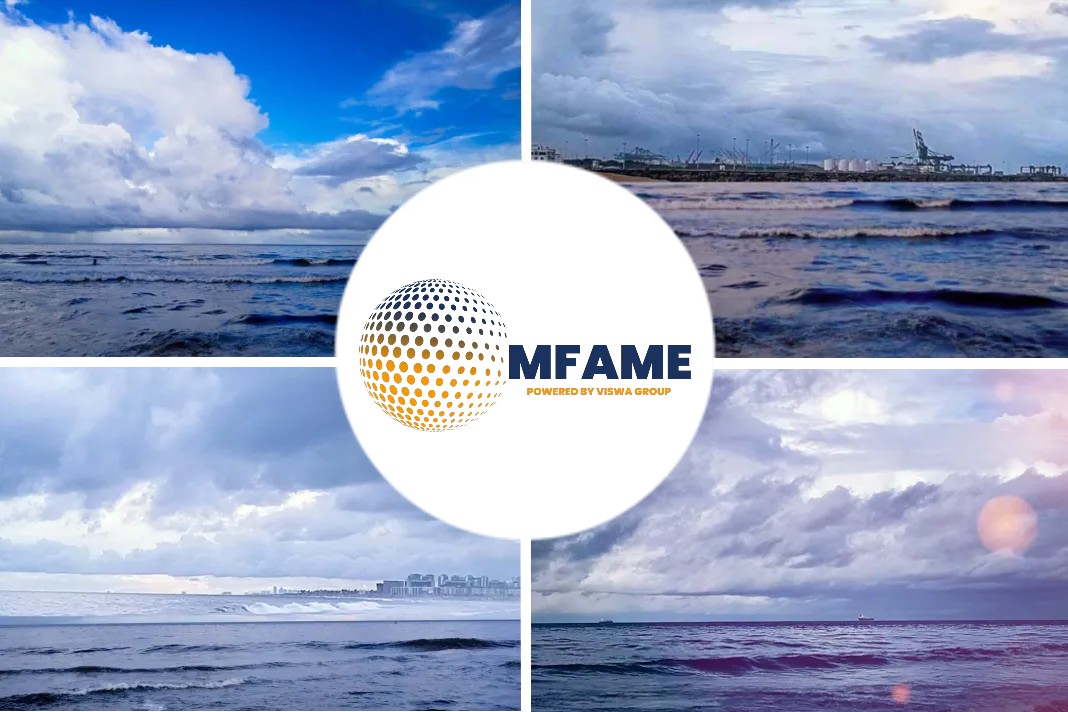- V.Group urges shipowners and operators to take a proactive approach to 2020 compliance.
- A growing numbers of shipowners and operators are seen developing SIPs to mitigate risks and minimise disruption.
- Prediction is that most ships will burn ULSFOs to comply with the IMO 2020, switching from HFO with a sulphur content 0.50%, unless equipped with scrubbers.
- IMO cleared that a FONAR is not a ‘get out of jail free’ card to use or carry non-compliant fuel.
- SIP can be taken into consideration by the Administration and Port State Control when verifying compliance with the 0.5% sulphur limit.
- Vessel that does not meet these requirements risks being declared unseaworthy, and could result in heavy fines, penalties, detention, delays.
V.Group has issued a statement urging shipowners and operators to take a proactive approach to 2020 compliance, says an article published on their website.
SIPs to mitigate risks
With the global sulphur cap less than nine months away, V.Group the leading global marine and offshore vessel management and support services provider is seeing growing numbers of shipowners and operators developing Ship Implementation Plans (SIPs) to mitigate risks and minimise disruption.
What is the prediction?
It is predicted that most ships will burn ultra low sulphur fuel oils (ULSFOs) to comply with the suplhur cap legislation, switching from high sulphur fuel oil (HFO) to ULSFOs with a sulphur content at, or below, 0.50%, unless equipped with scrubbers.
New on the market, it is essential to understand how these fuels will impact fuel systems and engines, with common concerns centering around stability, compatibility, and cat fines.
FONAR not a ‘get out of jail free’ card
Ship-specific implementation plans have been recommended by the International Maritime Organisation (IMO) as a means to
- look at each vessel,
- understand exactly what needs to be done,
- empower the crew,
- start purchasing and loading compliant fuels, and
- ensure that the vessel is prepared and ready to operate on these new fuels.
While the IMO has made it very clear that a FONAR does not represent a ‘get out of jail free’ card to use or carry non-compliant fuel, it has agreed that the SIP can be taken into consideration by the Administration and Port State Control when verifying compliance with the 0.5% sulphur limit, which could be particularly important if safe compliant fuels are unexpectedly unavailable during the initial weeks of implementation.
IMO’s stance on non-compliance
John Kerr, Global Head of Technical for Ship Management, V.Group, said: “While there remain many questions around policing and enforcement, the IMO has made it very clear that any vessel that does not meet these requirements risks being declared unseaworthy.”
“This could result in heavy fines, penalties, detention, delays, and in the event of an insurance claim, even affect charter party and or indemnity cover.”
How to achieve a smooth transition?
As the 0.5% global sulphur cap looms large, knowledge is power, and preparation key to a smooth transition into 2020 and beyond. Compliance is achievable through
- Right measures need to be put in place in a timely fashion.
- Ship Implementation Plans provide an effective means to achieve this and provides evidence of environmentally compliant operations.
“We’re seeing increasing numbers of shipowners and operators adopting this approach and a significant proportion of our fleet is now 2020-ready,” added John Kerr.
How to stay ahead of regulatory curves?
Shipowners and operators are benefiting from V.Group’s size and scale, leveraging the knowledge and expertise across, which enables the provision of practical, accurate advice, tailored to the customer’s operating region and sector.
The uptake of support and increasing adoption of SIPs in preparation for 2020 demonstrates the value of ship management in helping customers stay ahead of regulatory curves, while at the same time building resilience and future profitability in a volatile market environment.
Did you subscribe to our daily newsletter?
It’s Free! Click here to Subscribe!
Source: V.Group

























